
Radar | Jun 18,2022
With funding from a United Kingdom-based organisation, an association of women in the medical profession has kicked off a project to build the capacity of 75pc of the female medical professionals in the country. The five-year digital project focuses on the transfer of soft skills with a budget of 12 million Br.
Medics Academy has partnered with the Ethiopian Medical Women's Association to help physicians acquire skills they do not normally get from formal education. Leadership, organisational structure and management, negotiation, and gender sensitivity in health will be covered by the project that targets recent graduates to senior practitioners.
The capacity-building training will be delivered digitally through a platform that the Association is going to build. Though the project will be ongoing for five years, beneficiaries will be granted lifetime access to the platform's content.
After the project is phased out, the Association aims to continue sculpting a learning community for women in the medical profession, according to Azeb Asamnew (MD), acting president of the Association, established in 2017 by 13 female physicians and currently representing 500 members under its wing.
Out of the 11,000 medical professionals active in Ethiopia, 22pc of them are women. The country is classified as having one of the lowest general practitioners to patient ratios, standing at just one for almost 10,000 people.
"The influence of women in the health sector is not as much as we want it to be," Azeb said. "Something has got to change."
The Association has implemented several projects such as a mentorship programme and soft skill training initiatives for women in medicine and has conducted an unemployment qualitative survey.
Medics Academy, which was established in 2016, has worked on projects across Europe, including the Healthcare Leadership Academy, which the organisation helped establish and scale across the UK, the Netherlands and Norway. It helped the Nigeria Health Watch, an advocacy and communication platform, to provide better healthcare access.
"Supporting the Association was a natural extension of this mission," stated the Medics Academy press team.
Currently, the Association is conducting an assessment on content creation and deciding on whom to involve in the development of the digital platform, according to Azeb.
Medical school is an intense academic experience that often prevents the student from exploring other aspects of life, and this may explain the lack of non-medical skills in graduates, according to Tewodros Tadesse, founder of Xhub and the Centre for African Leadership Studies.
In school, life is all about academics, but when graduates join the workforce and assume leadership positions, they are obliged to work in completely different dynamics and deal with various stakeholders: patients, the government, administrators and family, according to Tewodros.
Problem-solving and teamwork are among the soft skills that Tewodros and his team have noticed that medical students are lacking. The curriculum does not have room for courses that teach them these skills that they need after school, he explained.
"This is noticed among both men and women, and it's not a light problem that can vanish easily," he said, stressing the need for programmes to curb the shortcomings.
PUBLISHED ON
Mar 06,2021 [ VOL
21 , NO
1088]

Radar | Jun 18,2022
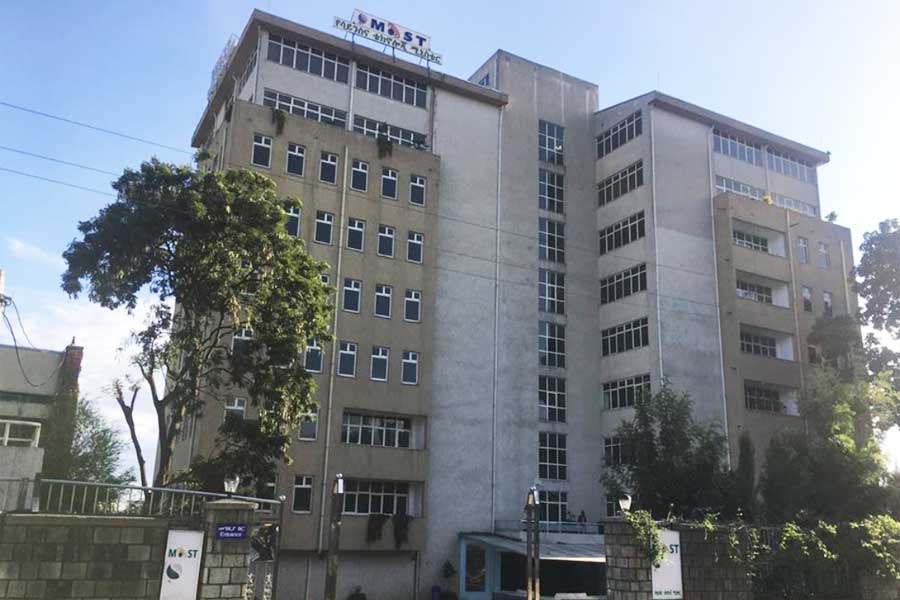
Fortune News | Apr 17,2020
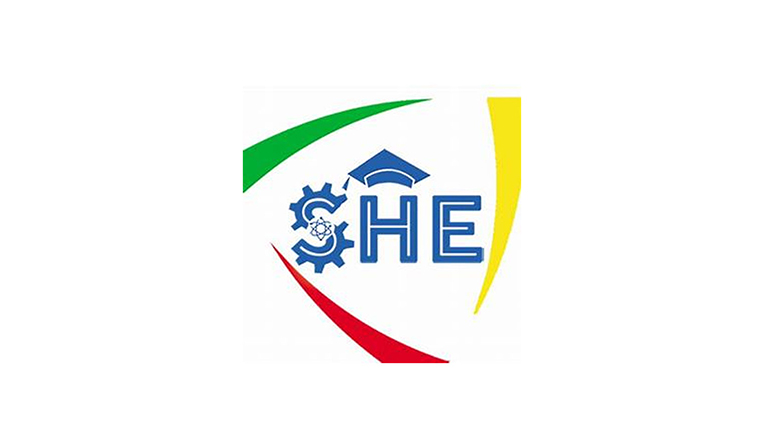
Fortune News | Jan 16,2021

Radar | Jun 19,2021

Radar | May 04,2024

Exclusive Interviews | Jan 27,2024

Radar | Nov 12,2022
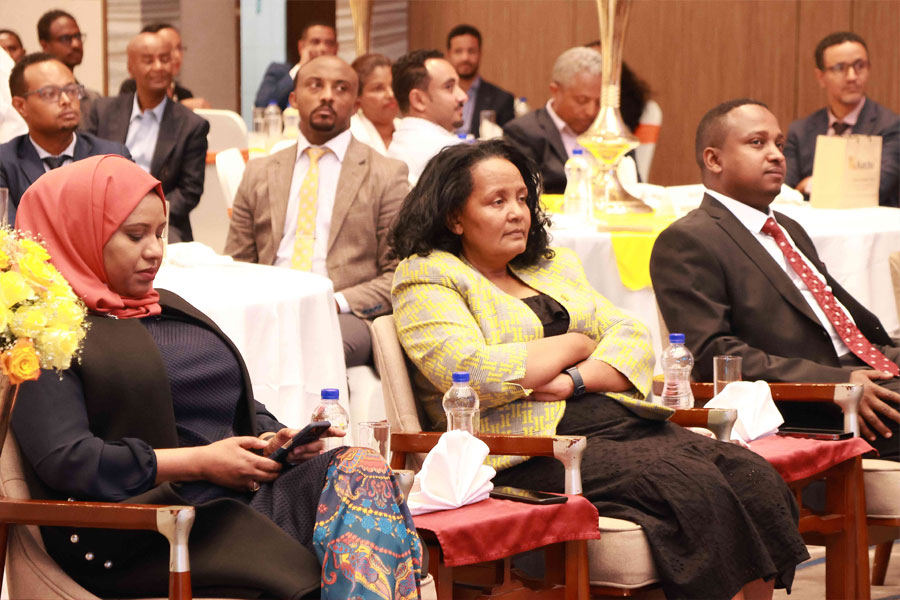
Radar |
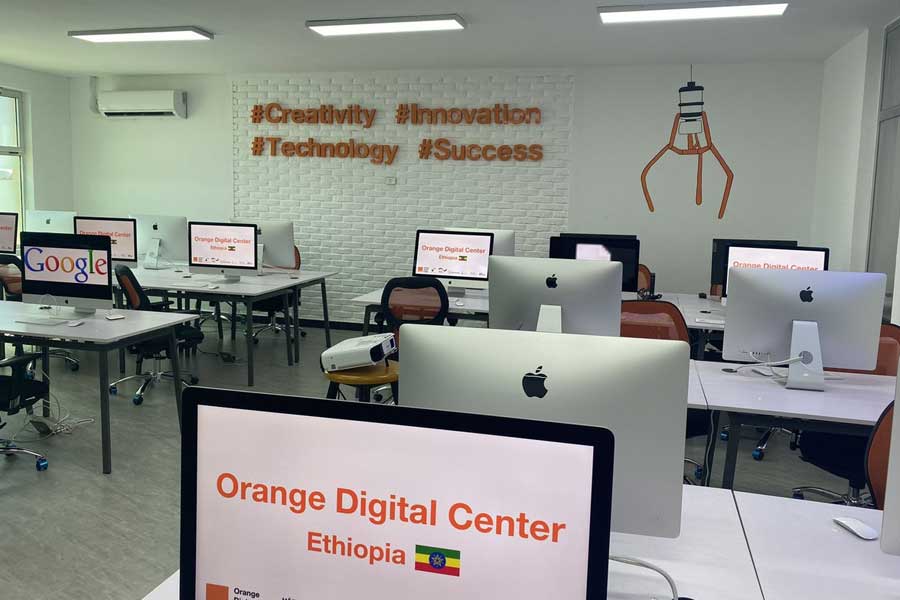
Fortune News | Feb 27,2021
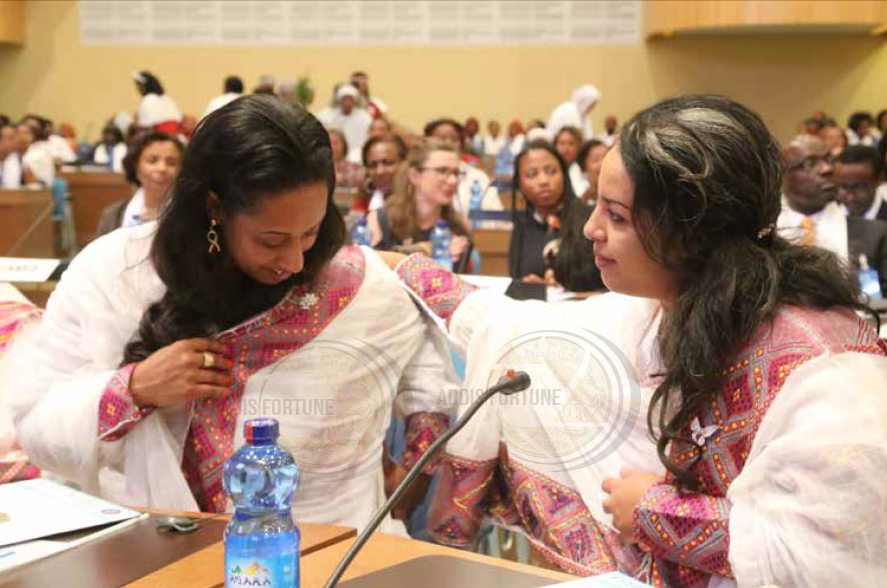
Fortune News | Nov 15,2018

Dec 22 , 2024 . By TIZITA SHEWAFERAW
Charged with transforming colossal state-owned enterprises into modern and competitiv...

Aug 18 , 2024 . By AKSAH ITALO
Although predictable Yonas Zerihun's job in the ride-hailing service is not immune to...

Jul 28 , 2024 . By TIZITA SHEWAFERAW
Unhabitual, perhaps too many, Samuel Gebreyohannes, 38, used to occasionally enjoy a couple of beers at breakfast. However, he recently swit...

Jul 13 , 2024 . By AKSAH ITALO
Investors who rely on tractors, trucks, and field vehicles for commuting, transporting commodities, and f...

Oct 25 , 2025
The regulatory machinery is on overdrive. In only two years, no fewer than 35 new pro...

Oct 18 , 2025
The political establishment, notably the ruling party and its top brass, has become p...

Oct 11 , 2025
Ladislas Farago, a roving Associated Press (AP) correspondent, arrived in Ethiopia in...

Oct 4 , 2025
Eyob Tekalegn (PhD) had been in the Governor's chair for only weeks when, on Septembe...